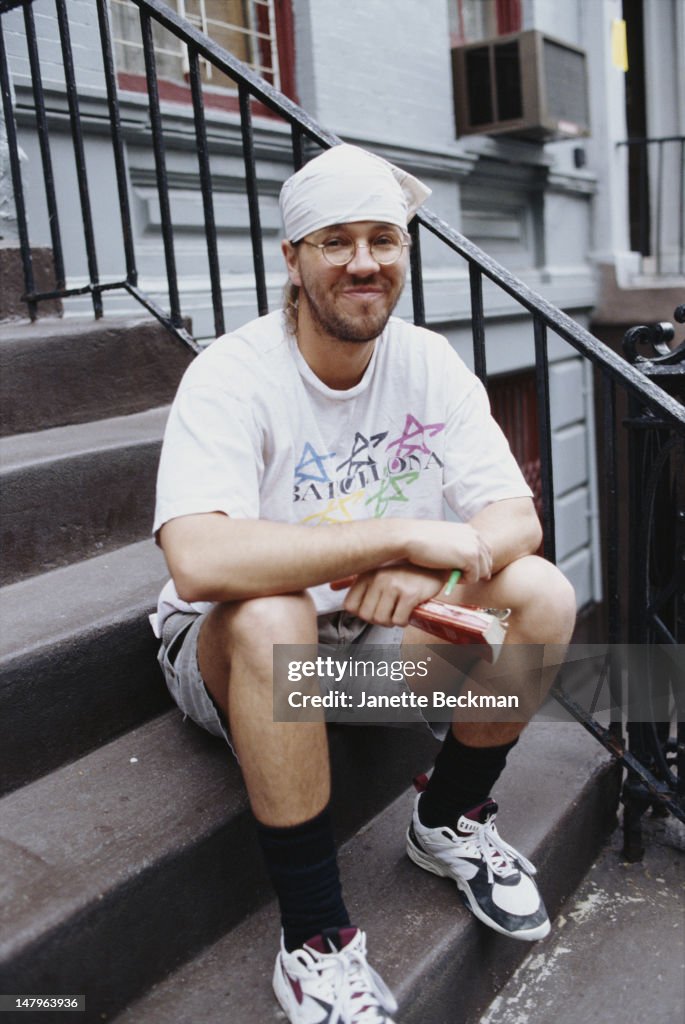
I open my eyes. ‘Please don’t think I don’t care.’
On how to present well in an Alcoholics Anonymous session:
The thing is it has to be the truth to really go over, here. It can’t be a calculated crowd-pleaser, and it has to be the truth unslanted, unfortified. And maximally unironic. An ironist in a Boston AA meeting is a witch in church. Irony-free zone. Same with sly disingenuous manipulative pseudo-sincerity. Sincerity with an ulterior motive is something these tough ravaged people know and fear, all of them trained to remember the coyly sincere, ironic, self-presenting fortifications they’d had to construct in order to carry on Out There, under the ceaseless neon bottle.
On what it’s like to be and feel depressed:
It’s the mornings after the spider-and-heights dreams that are the most painful, that it takes sometimes three coffees and two showers and sometimes a run to loosen the grip on his soul’s throat; and these post-dream mornings are even worse if he wakes unalone, if the previous night’s Subject is still there, wanting to twitter, or to cuddle and, like, spoon, asking what exactly is the story with the foggy inverted tumblers on the bathroom floor, commenting on his night-sweats, clattering around in the kitchen, making kippers or bacon or something more hideous and unhoneyed he’s supposed to eat with post-coital male gusto, the ones who have this thing about they call it Feeding My Man, wanting a man who can barely keep down A.M. honey-toast to east with male gusto, elbows out and sovelling, making little noises. Even when alone, unable to uncurl alone and sit slowly up and wing out the sheet and go to the bathroom, these darkest mornings start days that Orin can’t even bring himself for hours to think about how he’ll get through the day. These worst mornings with cold floors and hot windows and merciless light — the soul’s certainty that the day will have to be not traversed but sort of climbed, vertically, and then that going to sleep again at the end of it will be like falling, again, off something tall and sheer.
No comments:
Post a Comment